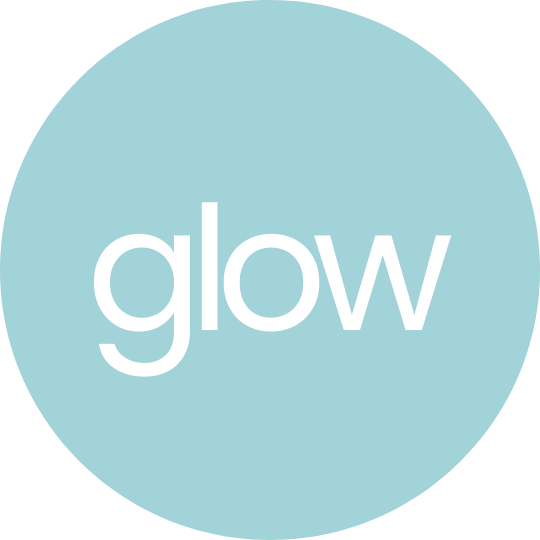Does your skin lack a beautiful, dewy glow?
A weakened skin barrier may be to blame. Let’s talk about how to tell if your skin barrier is damaged, what causes it, and how to repair skin barrier damage with the right products (and ingredients).
FIRST OF ALL… What even is a skin barrier?
Your skin is made up of several layers, but when people talk about the skin barrier, they usually mean the epidermis, or moisture barrier, which is the outermost layer of our skin. It has many amazing functions, but its primary function is to protect the inside of your body from pollutants, germs, and other harmful agents from the outside world. It also keeps good things in, such as moisture and hydration.
How do I protect it?
Make sure to always wear SPF and be gentle on your skin! Your skin barrier is fairly self-sufficient and does an excellent job of regeneration as needed. However, because your skin barrier is your immune system’s first line of defense, you should make sure to treat it with care.
What causes damage to it?
Here are a few of the most common offenders:
- OVERCLEANSING: Cleansing your skin too thoroughly or too frequently can have an impact on your skin barrier. You can strip your skin of its natural oils if you cleanse it too frequently or with harsh ingredients. One way to tell if you’re doing this is if your skin feels squeaky clean—or tight—after you wash your face. You should avoid over-washing your skin to the point where it feels tight. Avoid foaming cleansers if you have sensitive or dry skin as these can be particularly stripping.
- OVEREXFOLIATING: By exfoliating too often or with overly harsh exfoliators, your skin can wind up stripped of moisture to the point that it becomes irritated and damaged. Limit exfoliating to only twice a week, and completely stop exfoliating if you notice any signs of irritation or damage! See a skin specialist for recommendations on exfoliators before resuming once your skin heals.
- SKIN CONDITIONS: Skin problems such as atopic dermatitis (also known as eczema) can be linked to a weakened skin barrier. This prevents your skin barrier from functioning properly. Eczema is a genetic skin condition that can result in a severely damaged skin barrier if the skin is not properly treated.
- AGE: Age also contributes to skin barrier damage because your ability to produce oil decreases with age. It becomes more challenging to replenish the oils that are necessary for the integrity of your skin barrier. Skin hydration is a must! Hyaluronic acid is a key serum to incorporate into your regime
Is mine damaged? How can I tell?
Look out for these skin symptoms:
- Redness
- Rosacea
- Flakiness & Peeling
- Dehydration
- Tightness
- Sensitivity
- Itchiness
- Rough to the touch
- Stinging or burning sensation when products are applied
- Crepiness and fine lines
- Rashes like eczema (atopic dermatitis)
- Increased breakouts
One of the most common signs of skin barrier damage is when your skin is both oily and dehydrated – a problem that gets exacerbated when you try to correct oiliness by using drying or harsh treatments. Overproduction of oil can be a symptom of skin being stripped of its natural moisture and having unbalanced PH levels.
Essentially it’s a frustrating cycle! Over-exfoliating to help with texture leads to overly dried-out skin, which then overproduces oil.
How can I fix it?
When it comes to skin barrier healing, less is definitely more. Take a break from active ingredients such as acids, peels, retinoids, and vitamin C for a few weeks. Avoid products with harsher chemicals designed to treat acne, exfoliate, or help with aging skin in particular, and instead focus on using ceramide-containing moisturizing lotions or ointments to help restore and replenish the skin. When you’re ready to reintroduce an active or try a new product, start slowly and introduce one at a time. Allow three to four weeks before adding more, especially if your skin is sensitive.
Is it possible to heal your skin barrier without using products?
As long as you avoid further irritation, the skin will heal on its own, but gentle skincare will speed up the process. Your skin does require time to heal, so be gentle with it, but there are a few things you can do to aid the healing process without using products.
Some useful tips:
- Avoid long, hot showers or baths
- Moisturize frequently and liberally
- Consume a diet rich in healthy fats, antioxidants, and trace minerals
- Consider eating a few tablespoons of hempseed oil each day






